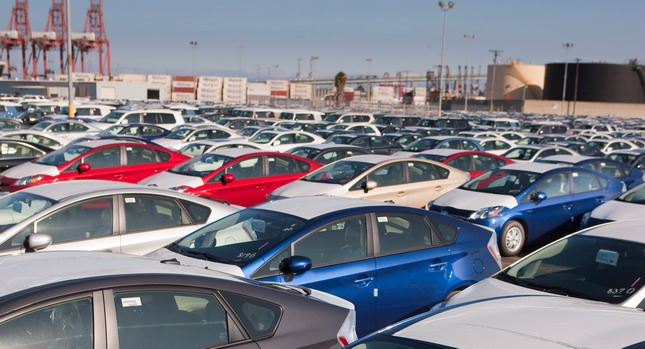The strong yen is harming the profitability of Japanese carmakers. After Honda, which plans to halve its domestic production over the next decade, Toyota, Japan’s number one automaker, told its parts suppliers to severely reduce their prices or risk being replaced by overseas manufacturers.
According to a report from Bloomberg, Toyota loses $443 million USD for every yen appreciation against the dollar and has been hit hard by the 2009-2010 recalls and the March earthquake. As a result, at the end of August it warned the “Keiretsu”, a group of its 219 largest local suppliers, to cut their prices and match their overseas competitors, or it may be forced to prefer the latter.
While Toyota spokesman Amiko Tomita declined to comment on the issue, the Japanese carmaker may be forced to disband the decades-old “Keiretsu”, which translates as “a group that cooperates with Toyota” and was formed in December 1943.
Analysts like Hiroshi Ataku at IHS Automotive say that the strong yen will most likely make Toyota follow the example of rival Nissan. When Carlos Ghosn became its CEO in 2000, he made reducing costs and returning the company to profitability his number one priority– and he succeeded.
“Toyota must be feeling the pressure of the strong yen the hardest”, says Ataku. “It may have to do what Ghosn did with Nissan’s part supply chain 10 years ago, and search for the cheapest possible options.”
The strong yen hit Toyota the hardest since it continues to manufacture almost half of its cars at its local factories (nearly 3 million units out of a 7.3 million total in fiscal year 2011). In comparison, Nissan builds just 25% of its cars at home and Honda 26%.
Story source: Bloomberg




